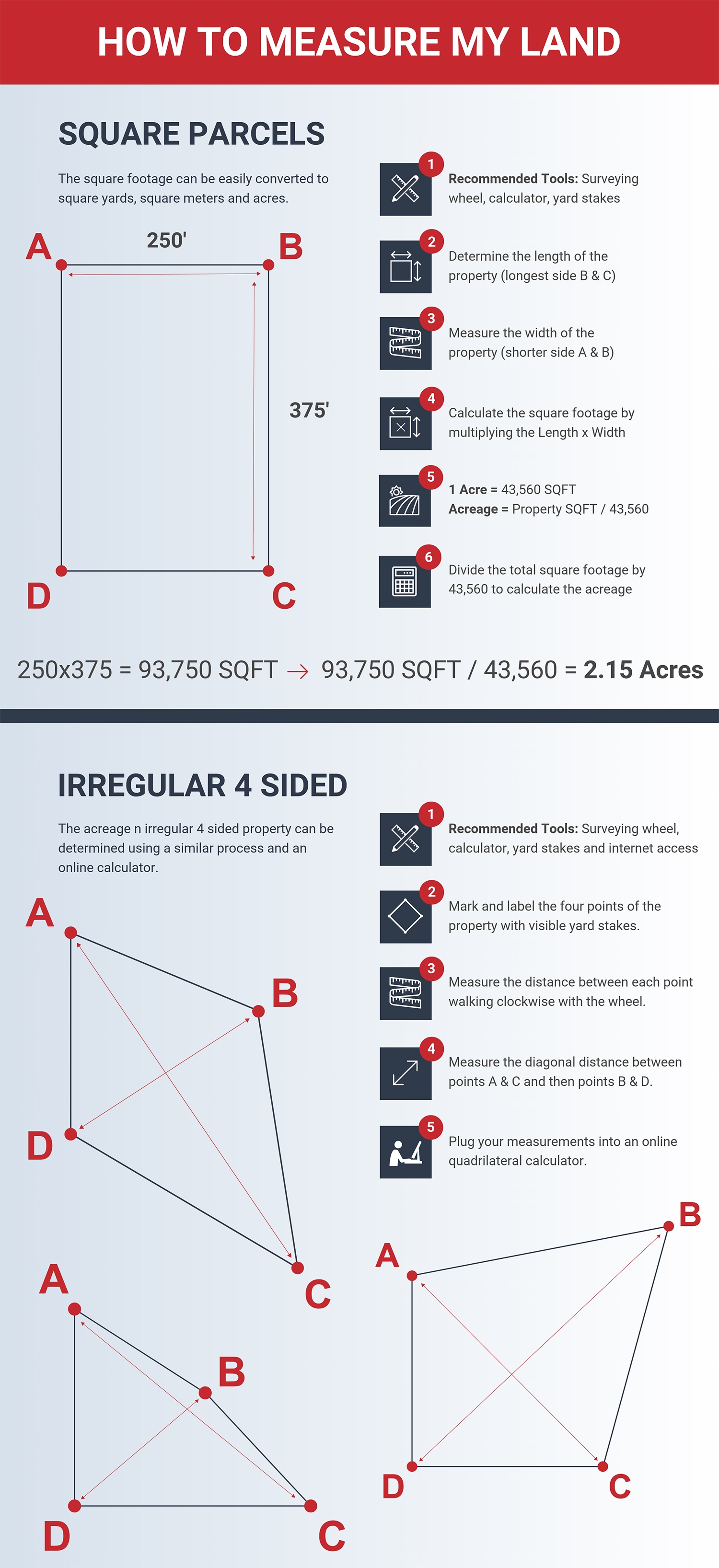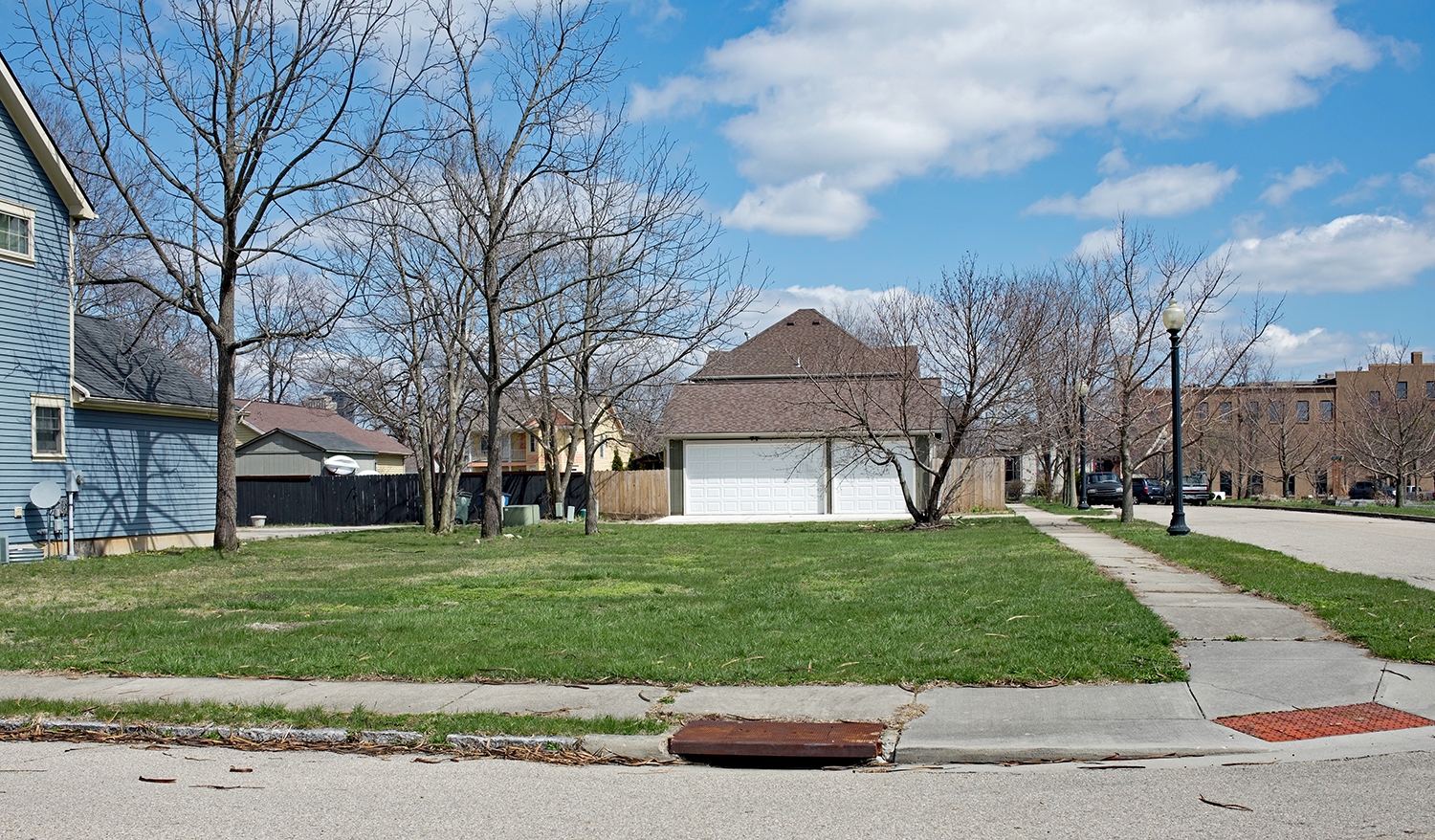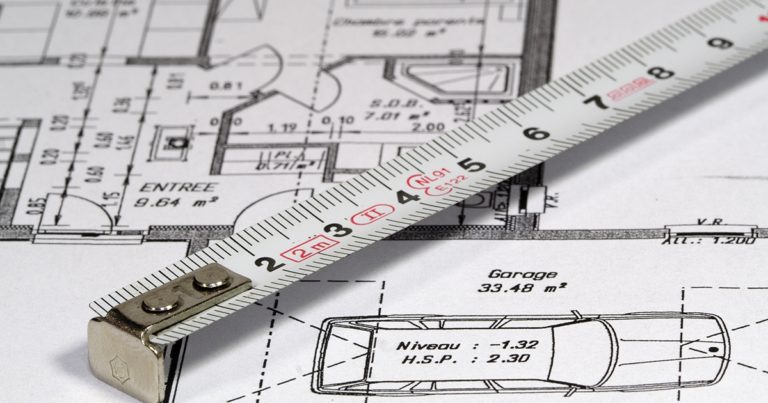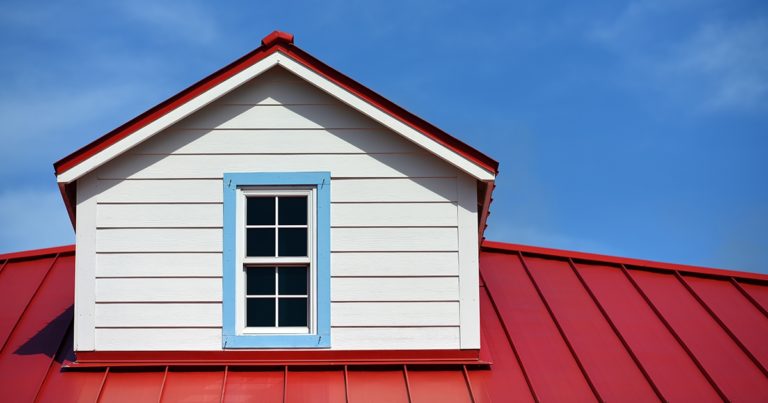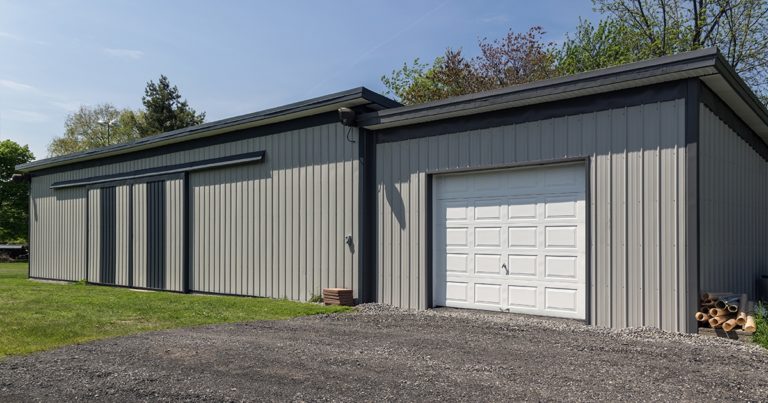Calculating Total Acreage
You can also measure the property yourself and calculate out the size by multiplying the length by the width, the total is the square footage of the property. From there, you can determine the acreage by taking the square footage total and dividing it by 43,560, which is how many square feet are in an acre; the result is your total acreage. Calculating this yourself can be more difficult if your property is an odd shape, not a perfect square or rectangle, and there is a different equation for each shape variant.
Even if you plan to measure the lot yourself, having a surveyor come out to identify the property lines is a good idea. “You may be shocked that part of the garden and part of the birdbath that these people [next door] have been attending to for the last eight years is on your property,” says Neville Graham, a Realtor who specializes in land sales and an associate partner for Partners Trust in California.
The term “setback” usually makes someone think of something getting in the way of what you are trying to do; it has a completely different meaning when it comes to building a home. The term “setback” refers to the distance a house or other structure has to be from a property line. For example, your area may require a house to be 25 feet away from the property line in the front, five feet on either side, and another 15 feet in the back. Setback can also refer to how far back a house has to be from the street, wetlands, or some other area that the local government has determined should be protected from housing or other developments. An irregularly shaped lot often has different rules than a perfect square or rectangular lot.
There is the possibility to get a “variance” on a setback, for instance, if the plot of land you want to build on does not allow you to construct your building without violating the setbacks. To get a variance, you would need to contact your local government before you start building or before purchasing the property if you can.
An accessory building, like a shed or detached garage, usually has different rules than a house does. In the Santa Clara County in California, for example, “accessory structures generally must be in the back half of a lot or at least 75 feet away from the front of a road.”
